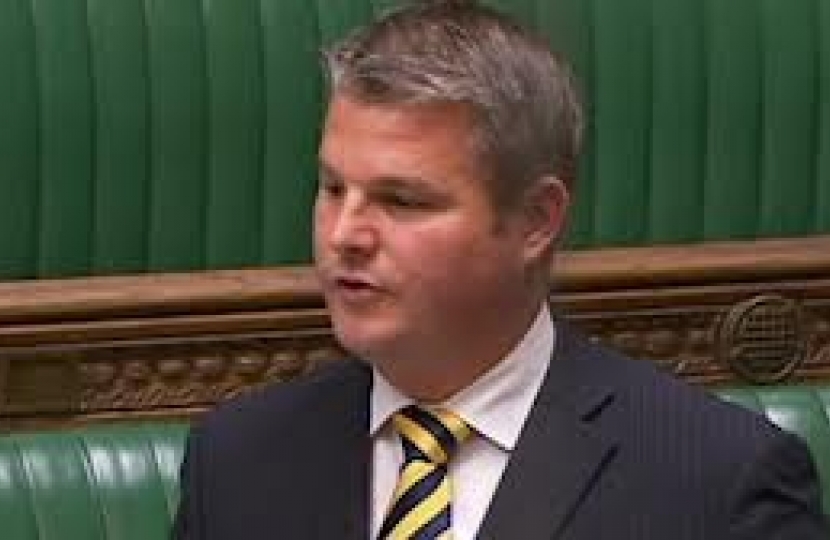
Stuart Andrew (Pudsey) (Con): I am grateful for the opportunity to speak. There is no doubt that this has been a vigorous debate, and personally I respect the views of people on both sides of the argument. It is a pity that the extremes on both sides have used the language and terms that they have.
I approach the Bill wanting to support it, but I have concerns. Issues raised by constituents have made me think and ask questions, and made me seek answers and reassurances. For me, the points that have been raised reflect the many personal battles that I have faced and some of the most troubling and dark times in my life. Many people have spoken and written about deeply held religious beliefs. From an early age, I developed those beliefs, going to church without the support of my family. That faith grew over time, but in my adolescence, I began to realise that I was gay. Being gay in a small Welsh village really was like being the only gay in the village. It was the start of some very deep questioning about my faith and my sexuality that has taken me years to try to resolve, and I am still seeking answers.
When the Bill was announced it reignited that dilemma and raised many questions. I believe in personal freedom and equality, but I also hold dear the principle of religious freedom. Many of the letters that I have received raised exactly those points. But marriage changed from the moment civil marriage was enacted. The state created an act of union that was separate from religion and the Church, so as the state is involved in civil marriage, I cannot see how we can make it exclusive. I want to live in a society that does not discriminate. That is why I support the Bill. However, I want to secure that personal choice for marriage, as well as personal freedom. That is why I welcome the locks that the Government have put in place.
On reflection, I believe the Bill strengthens the meaning of religious freedom, which is a principle we should all uphold. Many religious groups that want to perform same-sex marriages are currently barred from doing so, which surely contradicts the true meaning of religious freedom. The measures in the Bill before us lay the decision whether to hold such marriages squarely at the doors of those organisations. It is not a decision of the state and allows each group to decide, bringing about true freedom.
5 Feb 2013 : Column 203
Where the state is involved is in extending civil marriage to same-sex couples. In an equal and free society, this must surely be right. Equality measures introduced in the past have changed attitudes, as I have witnessed. This is another step forward. Marriage is a wonderful institution, but for too long we have seen a decline in the number of people making that commitment. Rather than see the Bill as a threat to that institution, we should see it as a great opportunity to show how much better our society is when people commit to one another. As my right hon. Friend the Secretary of State for Education said in his article, for him it was a day when he went from “he” to “we”. I want to extend that to everybody in our society. At present I am not allowed to do that. How can that be fair? I want that opportunity to be there for all.
Marriage is a sacred commitment. The Bill does not undermine marriage. Surely offering it to others can only strengthen it and ultimately build the better society that we all want.
